In 2006 it was reported that there were up to 370,000 problem gamblers in the UK. Of these 370,000 only 20% were reported to have a serious gambling problem and requiring help. The rest were said to be small to medium gamblers that, while not being severely at risk, recognised they could have a problem, and found it difficult to stay away from gambling on areas such as horse racing or playing on online casino games. The figure of 370,000 is also low in comparison to international figures.
Gambling itself has been on the rise in the UK in recent years, particularly in areas such as online games like poker and roulette, with growth of around 40% from 2005.
With the UK’s economy growing at its fastest rate in two years in the latter part of 2006, what affect has it had on gambling in the UK. Does the state of the economy determine the numbers of people gambling? For example, are more people likely to gamble if they have more disposable income, or are they likely to gamble more on sites like online poker, if they are in need of further income to resolve debts or issues at home?
Retail sales and a strong housing market were the main reasons for growth in the UK’s economy of late. According to economists the World Cup affect was also responsible, as a surge in the purchase of electrical goods such as TVs, and an increase in pub attendance spiked during the World Cup period. Inflation figures, released at the end of 2006, added further pressure on the Bank of England to introduce an interest rate hike as inflation rose to 2.5% in June, well above the government’s 2% target.
Global markets are also said to be “cautious”, worried that the era of low global interest rates is at an end. Last year global growth was 5.4%, the fourth consecutive year in which it has grown near or above 5%. Comparisons are being drawn with the 70s when commodity prices were booming, and economists are now warning of inflationary consequences due to the increasing money supply. In the early 70s not only was global money supply stronger but so was inflation, even before it headed into deep water as in the case of the UK, whose inflation rose to nearly 30%.
At the time gambling figures were not well recorded. However, some statistics show that when the fallout from this inflation busting period took affect, gambling in the UK went on the decline as people suffered financially from the depression of recession, in particular due to loss of equity and monies in falling house prices at the end of the 80s. During the 80s licensed clubs were in decline and gambling turnover in 1990 was published at around £13.4 billion. Bingo clubs in particular felt the brunt as licensed bingo halls declined from 1800 in 1974 to just 743 in 1990.
Under the current Gambling Act 2005 which comes into full effect in September 2007 no online gambling organisation is allowed to operate in the UK. However, the current enforcement does not prevent UK residents from playing online casino games and in fact, has led to an increase to 2% of the overall population of UK residents having gambled online in some form or another. When the Act comes into play in September it is likely that it will open the door for many gaming operators to function from the UK and so bring more exposure and confidence in spending money in online poker or casino sites.
As people’s propensity to gamble declined along with the economic markets in the 80s, in comparison with current gambling figures which are in alignment with current economic growth, it can be said that people are more likely to gamble, when the economy is at its strongest.
So while many scaremongers would say that people gamble while they are depressed or in need of a financial boost, perhaps when the economy is at a low point, it is clear that people only really gamble when the country they are living has much more economic stability and they themselves have more disposable income.
Current economic growth can only lead to a rise in the current gambling turnover, which is estimated to be around £85 billion. So while the Bank of England may threaten to increase interest rates, the increase in number of people gambling online is also likely to remain on the up.
By Morgan Collins
Written by Morgan Collins for the VIP Poker Club. Casino games online for UK players of al levels. Resource links must be retained in reproduction of this article.

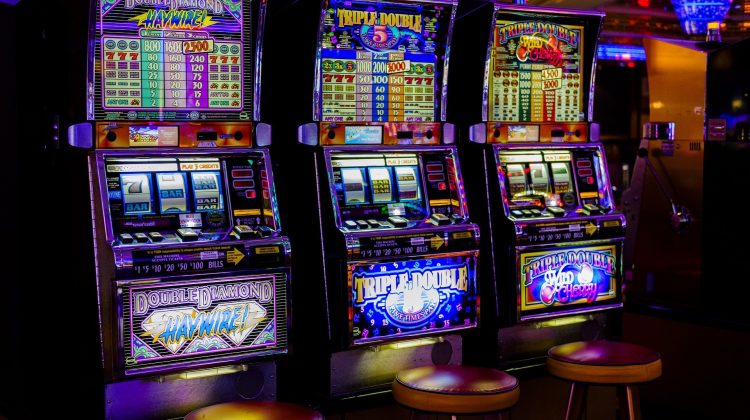

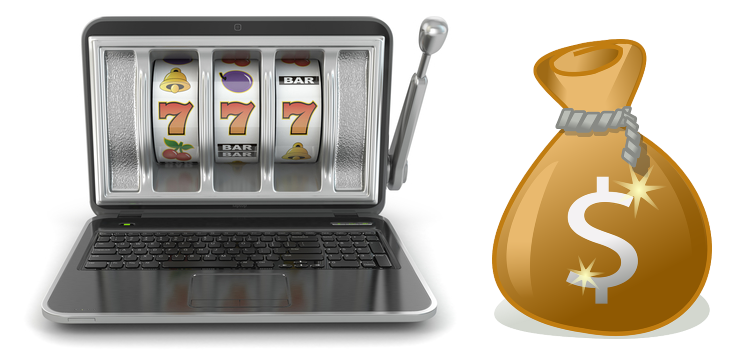




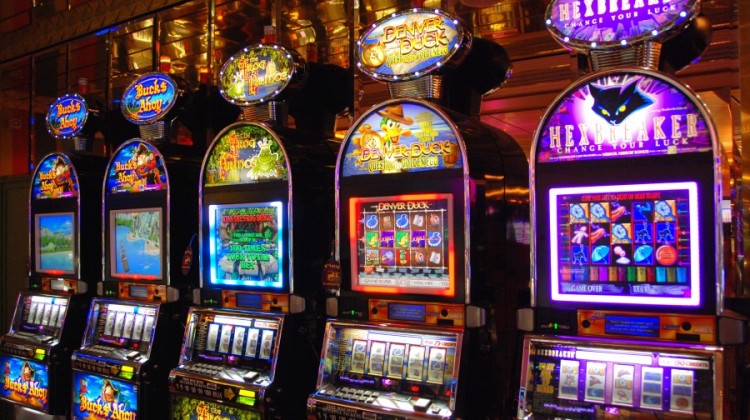

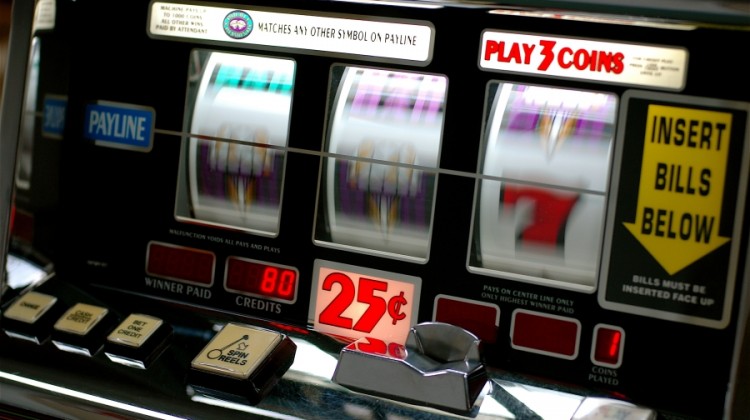
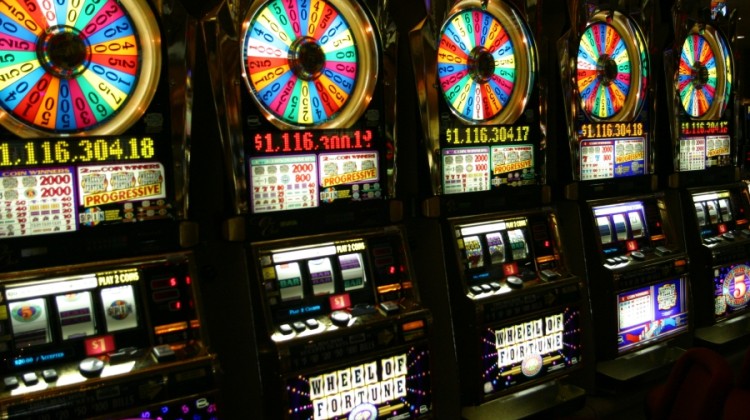

No Comment